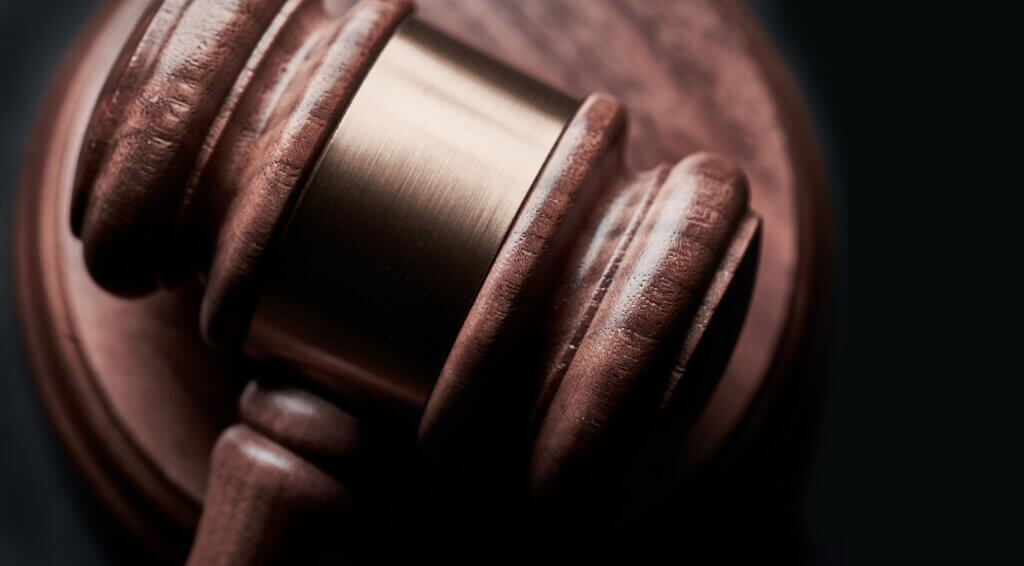Case About Judge’s Courtroom Prayers Leads to Fifth Circuit Split
November 30th, 2022

In a split decision, the Fifth Circuit Court of Appeals recently ruled in favor of a Texas judge who begins his court sessions with courtroom prayers. The court in this case, Freedom from Religion Foundation v. Mack, held that the judge did not violate the Constitution by performing these ceremonies. The appellate panel noted that the courtroom prayers did not involve measurable coercion.
The Facts of the Courtroom Prayers Case
The judge’s jurisdiction is criminal offenses punishable by fines as well as civil matters involving $20,000 or less. The circuit court’s judge delivered the opinion of the panel, which included two conservative judges. One judge on the panel concurred in part while dissenting with the court’s holding. The appellate court’s opinion includes several different perspectives of what happens in the judge’s courtroom.
The judge writing the majority opinion noted that a visitor to the court sees a message on the courtroom’s door and a nearby television screen informing visitors that the court’s beginning ceremony includes a brief prayer by a volunteer chaplain and that visitors are not required to be present or participate in the prayer. The bailiff informs the lobby when the court is in session. If a person arrives before court opens, the door is opened and monitored by a bailiff. The court was recently able to hire additional bailiffs, which means the doors to the courtroom are never closed during the opening ceremony. A bailiff then reads a script stating that it is the tradition of the United States Supreme Court, the Supreme Court of Texas, and the judge to hold a brief opening ceremony that includes a volunteer chaplain’s invocation, but that visitors are not required to be present during the prayer sessions. If a visitor wants leave during the ceremony, they can.
The Circuit Court’s Decision
The court held that the historical record includes various examples of courtroom prayers. The court noted the recent case of Kennedy v. Bremerton School District, in which the United States Supreme Court ruled in favor of a public school coach who wanted to perform prayer sessions on the field after every game.
The court noted that to maintain legal prayer sessions, the judge must make sure that he has a policy of denominational nondiscrimination and that any person can choose not to participate and suffer no consequences. The judge was found to have proven these two elements.
Commentary and Dissent
The judge in question later commented that the court had properly recognized the history, character, and context of the opening ceremony. The Freedom from Religion Foundation (FFRF), which brought the lawsuit on behalf of individuals who felt they would be discriminated against by not participating in these prayer sessions, blasted the court’s decision. FFRF called the decision a “Christian nationalist” interpretation of the First Amendment’s Establishment Clause.”
Indeed, the district court had ruled in favor of the plaintiff, explaining: “The court is of the view that the defendant violates the Establishment Clause when, before a captured audience of litigants and their counsel, he presents himself as theopneustically inspired, enabling him to advance, through the chaplaincy program, God’s ‘larger purpose.’ Such a magnanimous goal flies in the face of historical tradition, and makes a mockery of both religion and law.” The circuit court judge on the three judge panel who dissented further explained, “For the majority to find that there is no evidence of coercion, suggests, in my opinion, willful blindness and indisputable error.”
The Goal of the Universal Life Church’s Blog
Each month, various cases test the nature of religious rights in this country. While the basis for many religious rights is the United States Constitution, there are still countless cases that question the exact nature of these rights. The Universal Life Church’s blog is focused on documenting the most noteworthy of these cases in an objective manner that can be easily understood by readers.


